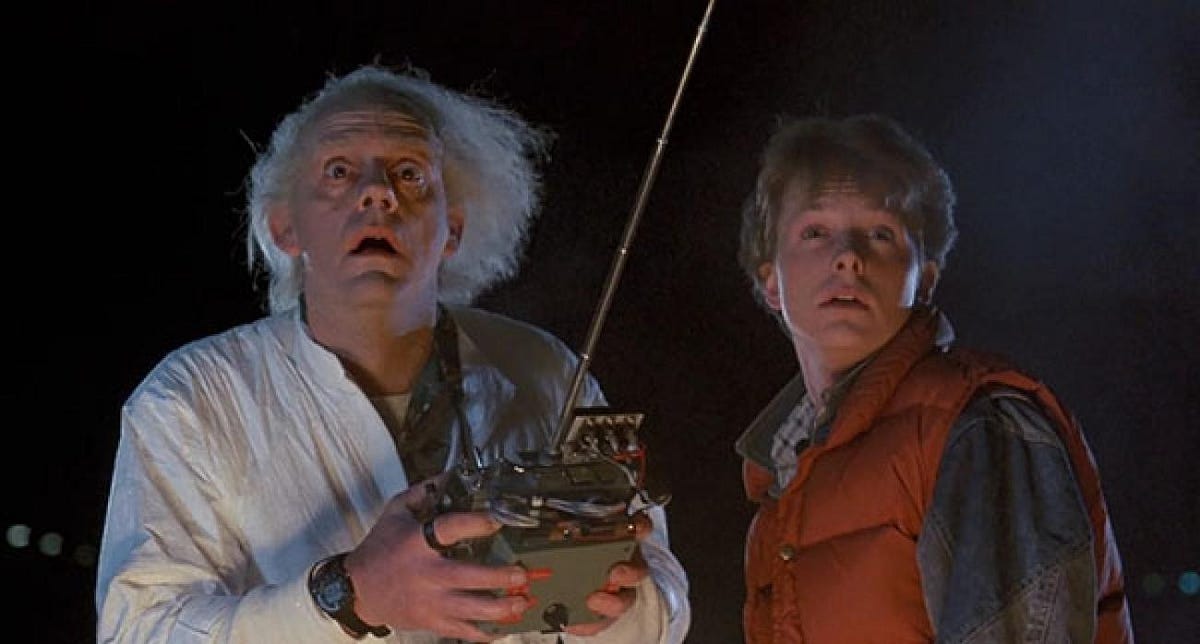
Futuring with design. Prudence, courage, imagination, unity… | by Darren Yeo | Jan, 2024
[ad_1]
I was lost.
We were asked to put together a strategic programme for the leaders in our company, and the theme was futures thinking, which was my boss’s passion topic. This led to his rambling about creating an engine with hypothetical future scenarios, with each decision leading to another set of unique paths, until a world was conceived based on the choices a person made.
At that time, I couldn’t help but glance over at my two other colleagues. One was a researcher, while the other was a fellow designer. They, just like me, were shell-shocked. As my boss continued to sketch out the solution on a whiteboard, I was mindful that we had to get the solution ready within one month. And there wasn’t any budget allocated for it.
People tend to walk on pavements to get from one place to another because someone else has tried it before. Cars drive on planned roads, and even planes fly along known flight paths.
This isn’t about making a desire path, taking convenient shortcuts, or walking on trampled dirt paths. This is a situation where you are the pioneer in making the first step into the wilderness.
Prolific author of two New York Times bestsellers, Psychology of Money and Same as Ever, Morgan Housel admits that accuracy isn’t what people want, but certainty of a situation. To the extent that we prefer to be ignorant than to accept a world filled with probabilities and unknowns.
This was the idea behind my story above. We desire a virtual engine that could miraculously predict the future. Unfortunately, even the weakest signal, undetected by anyone, could result in echos that leave a significant impact. The complexity of being human is partly responsible for the turn of future events, but our ability to continuously re-align our initial assumptions also needs to be in place.
[ad_2]
Source link



